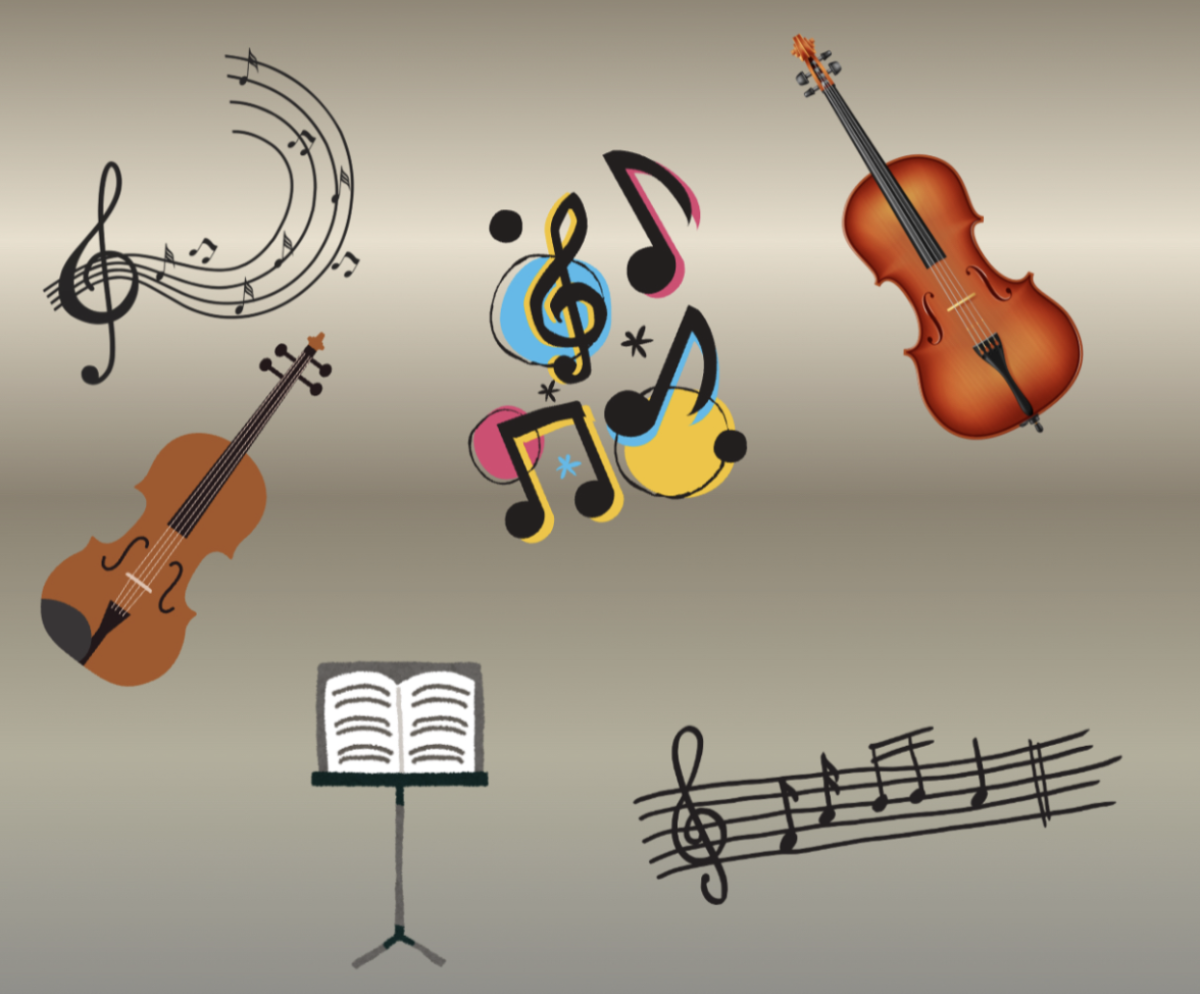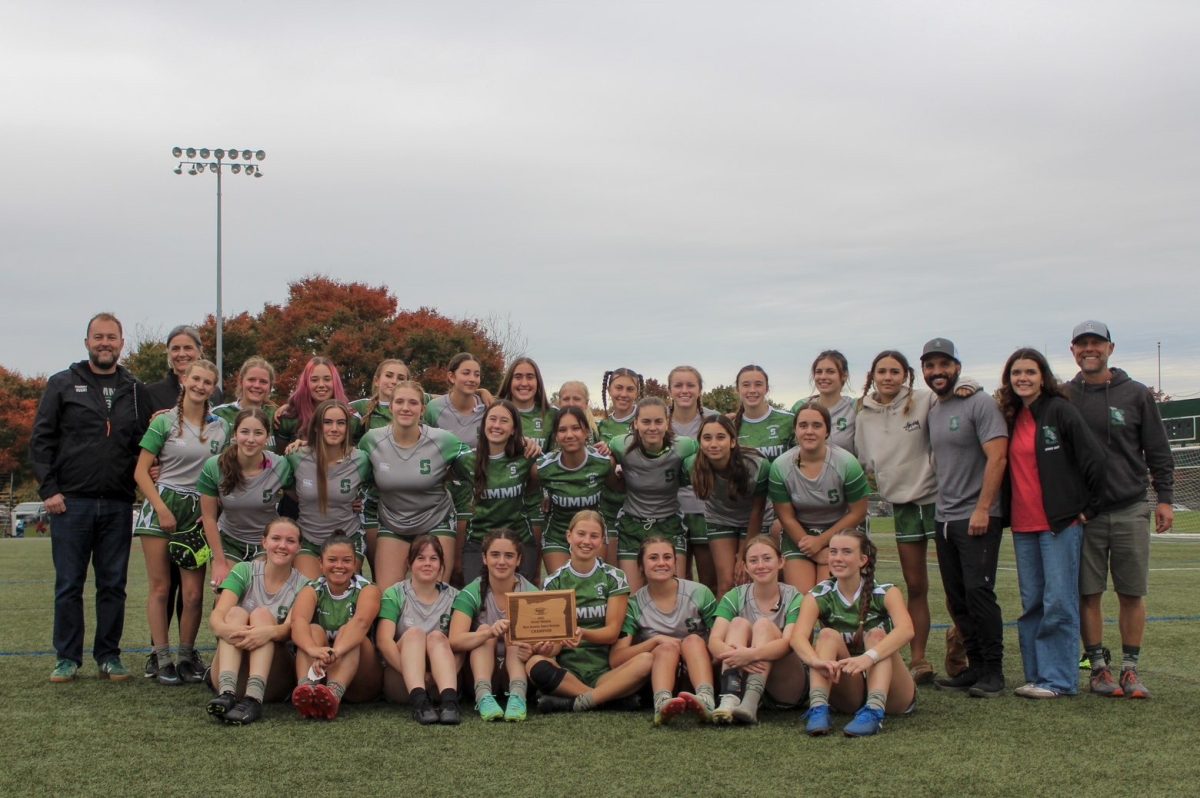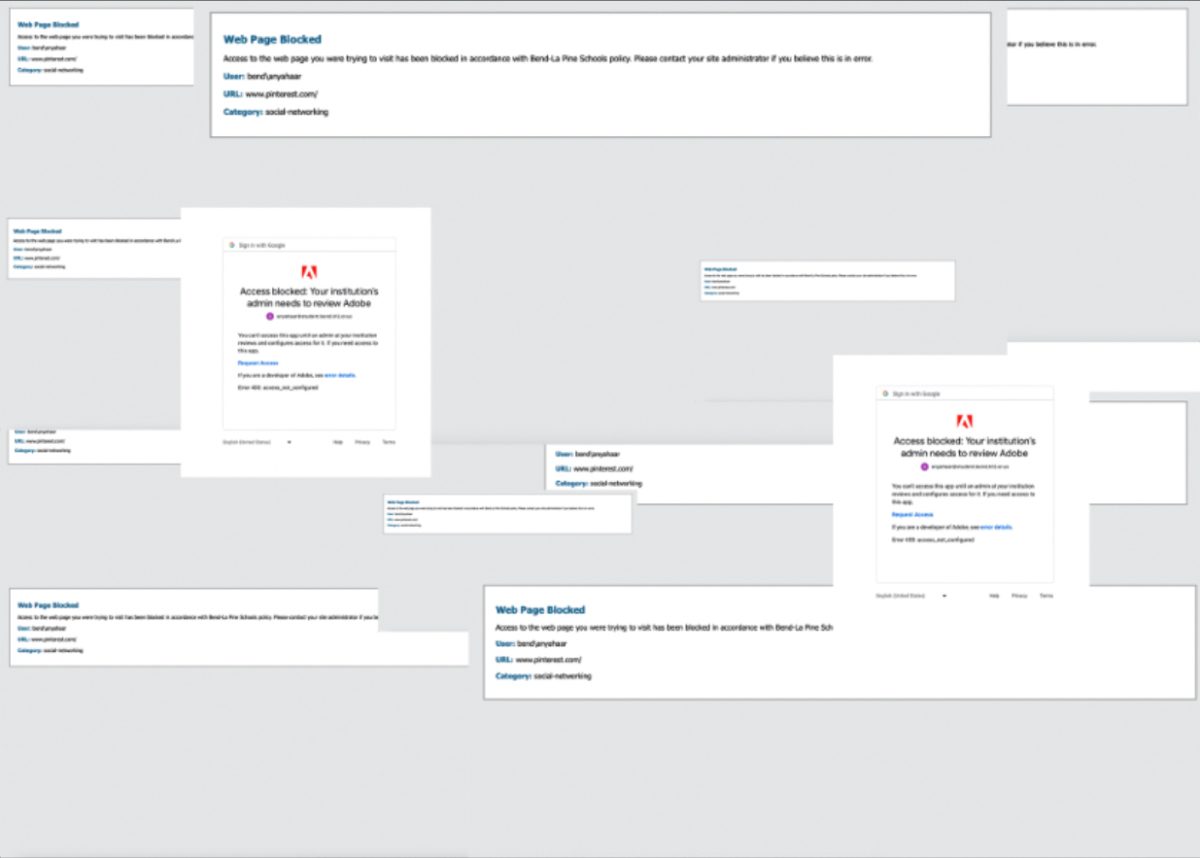It’s 9:16 in the morning and you’ve been sitting in this classroom for what feels like forever. You don’t know what your teacher is talking about anymore, and you don’t care. You’ve been tapping aimlessly at your iPad screen, willing something interesting to pop up. Trying to think of anything and everything to distract yourself, an idea strikes! I’ll play “2048 Cupcakes” to pass the time, you feel good with something mindless to do instead of staring at the wall. You search “2048 Cupcakes” and the search results are full of links to various cupcake games that you’re excited to try. You click the link and BAM! Bold blue letters that read “Web Page Blocked” fill the top of your screen. You internally scream because this has happened to you at least 20 times in the last week, and not just with games.
The Bend-La Pine Administrators have been blocking more and more sites as they see fit. Shopping sites, video games, AI sites, newspapers, magazines, etc. Nine times out of 10, students are left trying to find a way around the blockages to get to the sites they both want and need. Yet the sites being blocked doesn’t stop students from finding loopholes. This past week some students even found intellectual games, like New York Time’s “Wordle” or “Connections,” to be blocked. It’s understandable that administrators don’t want students to play games during class time, but there’s no way they could realistically stop students from being off task 100% of the time.
“I just use a different website that hasn’t been blocked yet. For AI, for games and all that stuff. Every time something gets blocked I just go farther into the internet,” said an anonymous student. “The websites get sketchier and less reliable the farther I have to go, the AI I use on my school iPad right now never gets the answers right, but it gets the process mostly right so that helps a little.”
One of the newer blockages is ChatGPT. Students can no longer access this resource for anything they may have needed. AI has been a controversial topic in the world of education recently, especially since AI is constantly growing and evolving. Some say it could be a great tool, and others argue it can only be used to cheat. More and more teachers are running student’s assignments through an AI checker, especially in AP classes. However, by limiting student’s access, the district is only restricting their ability to adapt to the new technology they will need to use in the real world.
“I’ve had my AP Seminar students enter a rubric and their paper into ChatGPT and they got actual good feedback,” said Eila Overcash, the AP Seminar teacher at Summit. “Now they can improve their paper and get closer to the rubric and also get instantaneous good feedback about how to improve their paper.”
Overcash and her students aren’t the only ones who use AI as a helpful resource in life. Students use ChatGPT to help with math and science homework when they’re lost. ChatGPT explains word problems, and allows users to ask clarifying questions about its answers. It also enables students to double check their answers. Students can also use it as aforementioned, to check writing compared to rubrics, and get instant feedback. Students aren’t the only ones using this new technology either. Modern office jobs are starting to implement ChatGPT into the workplace to help get work done more efficiently, or to eliminate timely tasks. It was recently found that AI is being used in the workplace to improve efficiency and get rid of potential bias, among other things.
While ChatGPT is being used more in the world, in workplaces and in education settings, Bend-La Pine students still cannot use this tool because the district is hyper worried about cheating. Simply blocking these sites won’t stop students from using AI or playing games.
Speaking of online games, nearly every single one is blocked. You can’t play “2048 Cupcakes” or “Slither.io” or any other games. Besides entertainment, you can’t do any shopping whatsoever, as most of those sites are blocked too. Some days the New York Times is blocked, so no word-games, but other days it’s not. And these days the district seems to think the world might just end if students spend five minutes playing “Wordle” or “Connections.” Overcash, among other teachers, believes that blocking access to certain aspects of the internet, including games, will only hurt students in the long run.
“I think that at the highschool level, students need to be prepared to become adults and I think the way to do that is to teach them to use the internet effectively and efficiently,” said Overcash.
According to Oregon Live, 44% of Oregon’s high school students don’t go to college, so for some of them the skills they are learning now is what they will take into life. The other 56% do go to college, and they have the same idea. They’ve never had access to some learning sites like AI, so they have no idea how to use it as a tool. Some of them will end up just never using it, and others will just use it to cheat. On the flipside, if the district taught students how to use the full, unlimited internet, graduates would have higher future success rates, which is the whole point of school.
The main reason the district restricts as many sites as it does is because it’s catering to the entire K-12 range. Some sites that may be appropriate or helpful for high school seniors, just aren’t applicable to third graders. However it’s not really Bend-La Pine. Every site that’s blocked is blocked by an automatic website called PaloAlto that has filters for everything from adult content to social media. However, trying to restrict student’s full access to the internet isn’t teaching them how to use it properly.
“The high school population is unique. We are getting you ready, not for the next level, but for life. And not preparing [students] is a problem,” said Overcash.
So while unblocking video games isn’t as important as unblocking education tools, allowing students to access relevant, and free, resources is something that the district should be for, not against. Giving students access to a higher education that prepares them for life should be a priority, and right now it’s clearly not.






































Anonymous • Mar 25, 2024 at 12:31 am
If the standard is that teachers can use Ai as a tool in the process of helping create assignments and write test questions it should be the standard that students can use Ai as a tool (not direct copy paste plagiarism. )